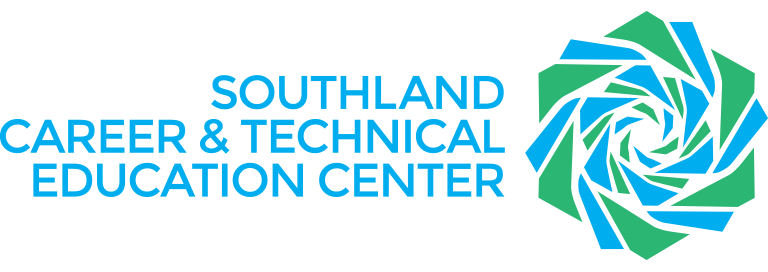Southland Career & Technical Education Center
ABOUT
THE PROJECT
The undersigned school leaders from the following institutions have embarked upon a collaboration to address an unmet need in the south suburbs for young people seeking to be prepared for the jobs and careers of the future.
We are proposing that a facility be constructed to make career and technical education available to all students served by the aforementioned institutions. Until recently, no regional career center project had been proposed in Illinois in more than 45 years and no Career & Technical Education-focused secondary training center has been in operation in the south suburbs in more than 32 years. All of our institutions have been focused on providing an educational experience that prepares our students for college and the workforce. We believe a program of this type would help our young adults discover viable options for a career without amassing large amounts of debt. The regional vocational facility being proposed would house vocational training in the following areas: aviation, advanced manufacturing, construction trades including electrical plumbing, carpentry and other constructions areas, information technology, public safety, and urban agriculture.
The facility being proposed will be more than 140,000 square feet and the training facility will be made available to students enrolled in these very school districts as well as being available to individuals enrolled at our local community colleges, Prairie State and South Suburban College, as well as four-year institutions like Governors State University.
This ambitious project will be successful with the collaborative efforts of the school districts, private sector employers, unions, educational community, the General Assembly and Governor’s office. The estimated cost for this project is $100 million and we believe that the return on investment will be many times greater than the cost of instruction and ongoing cost of operations. We would like to schedule briefings with all relevant stakeholders as soon as possible so that we might be able to present this project for consideration in this spring session in the 102nd General Assembly.
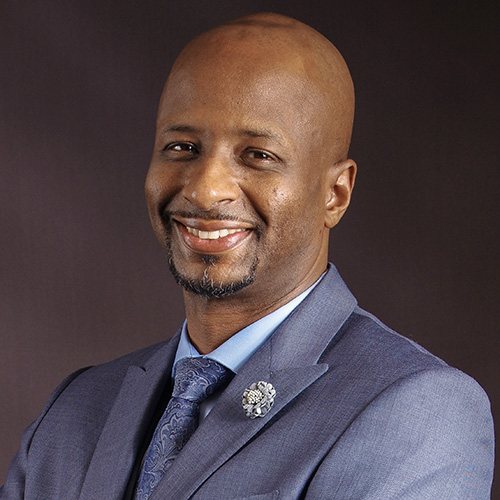
Dr. Johnnie Thomas, Superintendent
Rich Township High School District 227
Matteson, IL
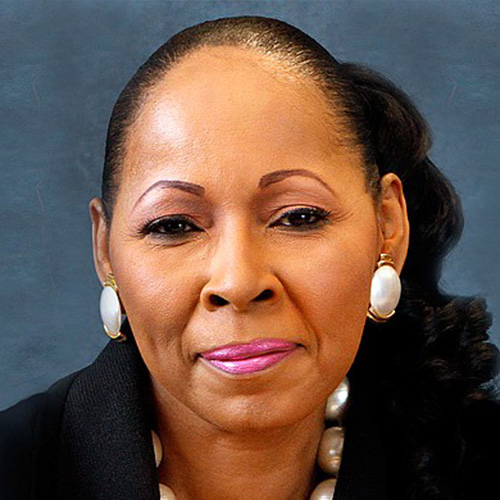
Dr. Blondean Davis, Superintendent
Southland College Prep Charter High School
Matteson School District 162
Richton Park, IL
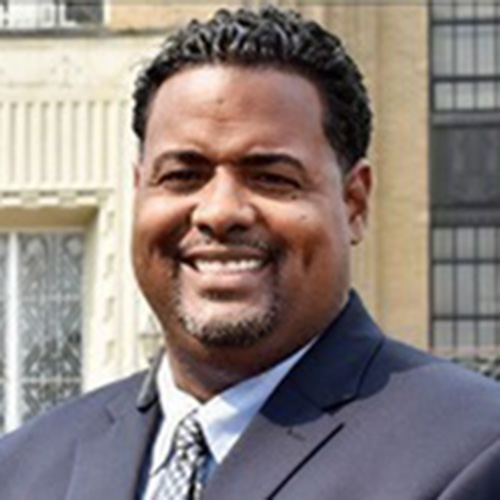
Dr. Lenell Navarrre, Superintendent
Bloom Township High School
District 206
Chicago Heights, IL

Dr. Scott Wakeley, Superintendent
Homewood-Flossmoor High School
District 233
Flossmoor, IL
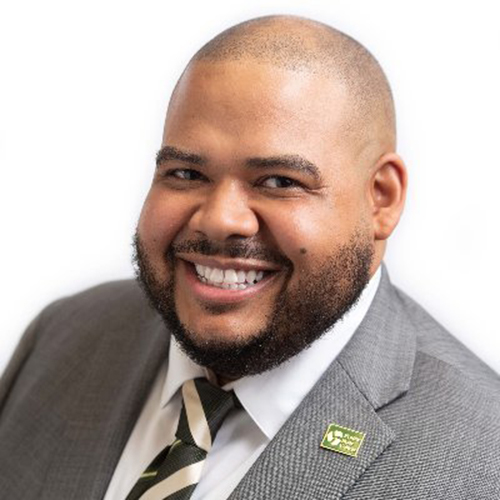
Michael D. Anthony, Ph.D
President
Prairie State College
Chicago Heights, IL

Dr. Tina Halliman, Superintendent
Speed S.E.J.A.
District 802
THE COLLECTIVE
The Collective consists of several educational institutions located in the south suburbs of Chicago. This Collective proposes the development of a Southland Career & Technical Education Center (SCTEC) to provide internship, credential, certificate, and license options to their students and communities. Six superintendents embarked on this collaboration conversation in 2019 to address an unmet need in the south suburbs for young people seeking preparation for the jobs and technical careers of the future. Until recently, no regional career center project had been proposed in Illinois in more than 45 years and no Career & Technical Education-focused secondary training center has been in operation in the south suburbs in more than 32 years. The Collective currently consists of the following educational institutions:
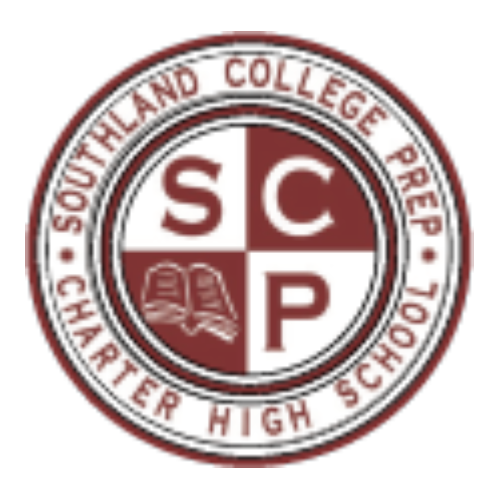
Southland College
Prep Charter High School
Richton Park, IL
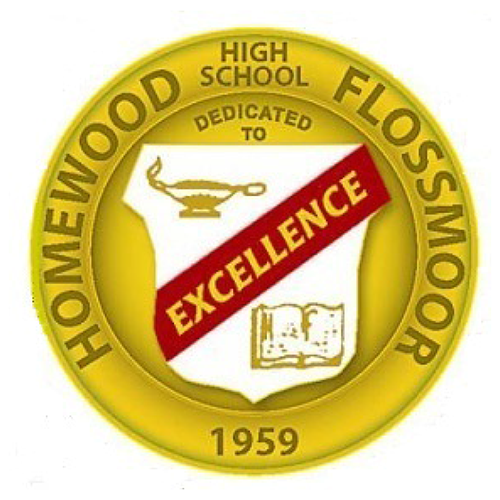
Homewood-Flossmoor
High School
District 233
Flossmoor, IL

Bloom Township
High School
District 206
Chicago Heights, IL
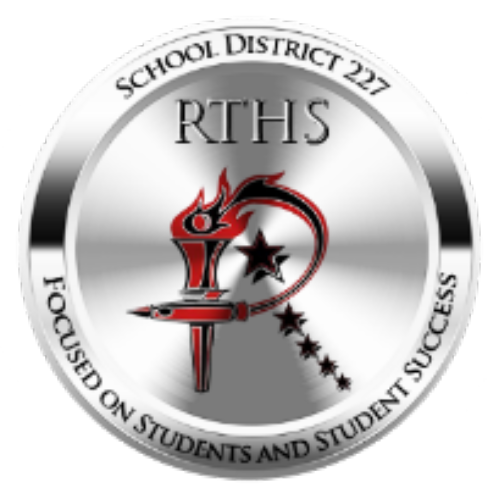
Rich Township
High School
District 227
Matteson, IL
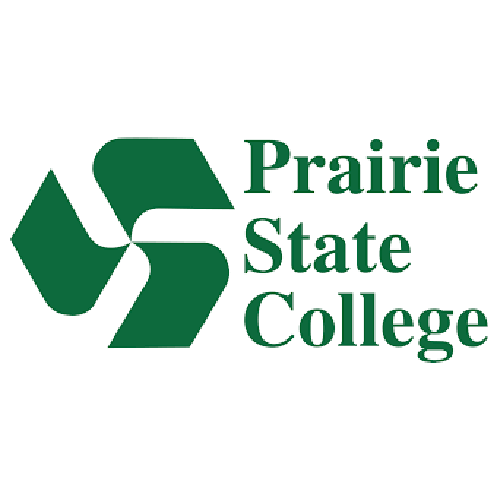
Prairie State College
Chicago Heights, IL
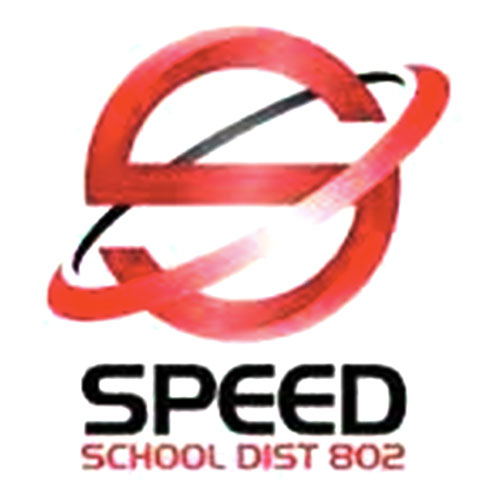
Speed School
District 802
THE PROJECT
WHAT IS THE GOAL OF THE COLLECTIVE?
WHAT IS CTE?
WHAT IS THE MISSION?
WHAT IS THE PROPOSED SCTEC FACILITY?
Based on the findings of a Feasibility Study, the proposed facility would be more than 130,000 square feet at an estimated cost of $100 million. We believe that the return on investment would be many times greater than the cost of instruction and the ongoing cost of operations. Programs would be made available to students enrolled in The Collective’s school districts as well as to enrollees at our local community colleges – Prairie State and South Suburban Colleges – and to four-year institutions, like Governors State University.
WHAT IS THE PURPOSE OF THE SCTEC?
WHAT IS THE VISION?
in a career focused on individual learner interest and real-world learning Our expectation of SCTEC students is to respect themselves and others An SCTEC graduate would be trained and educated for the hands-on, minds-on jobs of the future.
WHAT SCTEC PROGRAM OFFERINGS ARE ENVISIONED?
Today’s CTE is different from traditional vocational education: it’s driven by local needs, student interest, and current and projected local, state, national, and global labor market information (LMI). CTE program completers attain the “knowledge, skills, and attitudes needed to secure and retain adequately compensated employment.” According to the U.S. Census Bureau, income is a gauge of a person’s well-being.1
CTE programs focus on student attainment of both hard and soft technical skills.
Hard-technical skills usually require physical tools such as hand or diagnostic instruments that are occupationally-oriented. Examples include welders and rods, computer hardware and software, aviation maps, carpentry equipment, public safety vehicles, and urban agriculture-controlled environments.
Soft-technical skills usually require mental tools. They are core technical competencies that apply to nearly every job in every career and in every industry. Examples include confidentiality, teamworking, critical thinking, creativity, systems thinking, and technical communication (graphic, written, verbal, and non-verbal).
CTE is a path to taking credit-bearing postsecondary courses in training level and core subject areas. Students develop the employability skills to pursue a personalized education.2
2American Institutes for Research and the U.S. Department of Education, 2014).
